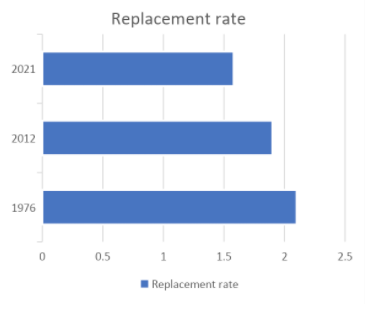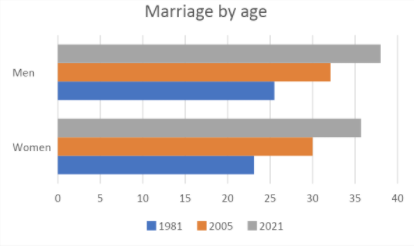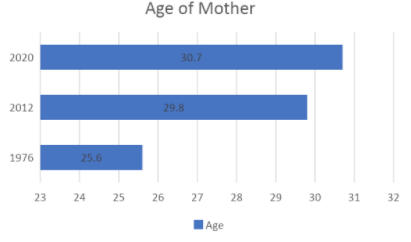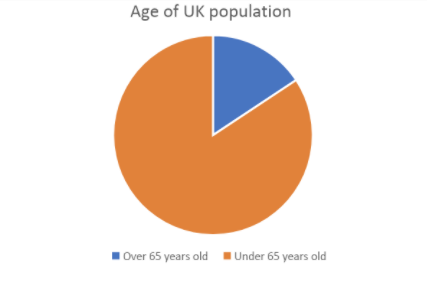Demography is your destiny
Dr Mark Pegg draws insight from the latest data on the UK’s demography and considers the implications for the membership sector. What do we need to prepare for?
The UK population is growing grey fast. : We British are living longer, at the same time our fertility is declining. This makes for wide-ranging challenges to our nation with strategic business and commercial consequences. At a fundamental level, demographic trends point to fewer and fewer active workers spending more and more of their available time caring for more and more elderly people. To give an idea of the scale, in 1980, adjusted for inflation, we spent some £30bn on the NHS in England, rising in stages to some £140bn in 2020 and it is still rising. For some time, an impending crisis was mitigated by immigration of younger overseas workers from the EU, who filled jobs in health, well-being and social care. Today, Brexit and COVID have made major inroads into this labour supply, indeed the flow was reversed as many workers went home.
Invariably this means new members will be harder and harder to find. It will be more difficult to hold on to working age members as labour shortages create more volatility, more career changes for skilled professionals. Yes, members will go on working for longer, but many of them will opt for part time work or seek retired status with a lower fee.
Let’s look at the data
UK fertility is declining, not a new trend, but it is accelerating.

The British are getting married later

Mothers are giving birth to children later

We are also living longer, although this rise in longevity has recently slowed, it means there are more old people around and, according to the Office of National Statistics, the number of people over the age of 65 is rising by 1.6% a year.

What are the implications for membership?
In this new world, it suggests a single-minded focus on service excellence for core working members could be too narrow for future success. More likely the net has to be cast wider. If the pool of new young members gets progressively smaller, then the battle to attract and retain new members involves creating more attractive offers tailored specifically for this age group. Without an introductory offer that excites them, this could store up an existential crisis for later.
With fewer in the core working population, the job market is a buyers’ market, with more flexible working patterns, much greater fluidity as workers are freer to switch sector and change careers. The next generation of portfolio careers will be increasingly volatile with multiple changes in a working life. It means members will get harder and harder to retain, particularly if they can’t see the value added from your organisation.
People are also staying healthier for longer, pensions are shrinking and starting later which is skewing the age profile of the active working population with more members working beyond traditional retirement ages. It points to a growing demand for membership services tailored to suit the consumer tastes of an older demographic: the grey pound calls the shots in the 21st century marketplace.
Inevitably some parts of the economy will grow stronger than others for this new demographic: we will need far more people to work in pharmaceuticals, in health care and medical services. Information technology, artificial intelligence and robotics to deliver services will grow and grow in importance for a nation of grey panthers and silver surfers. Many expect medical science and technology will make it easier to live healthier, more productive, independent and longer lives. With fewer hands to help, the next generation of older people will turn to smart machines to help them and any membership offer ought to reflect this.
I hope I have made the case: demography is destiny – for you, your family, your organisation and for society. It will be time well spent to review your membership offer strategically to see whether it is ready for the profound changes that lie ahead.
Questions to pose to your organisation:
- Are you moving fast enough?
- Have you moved on from a rigid 20th century organisation to deliver fresh and exciting things for a new breed of members in a highly flexible 21st century world?